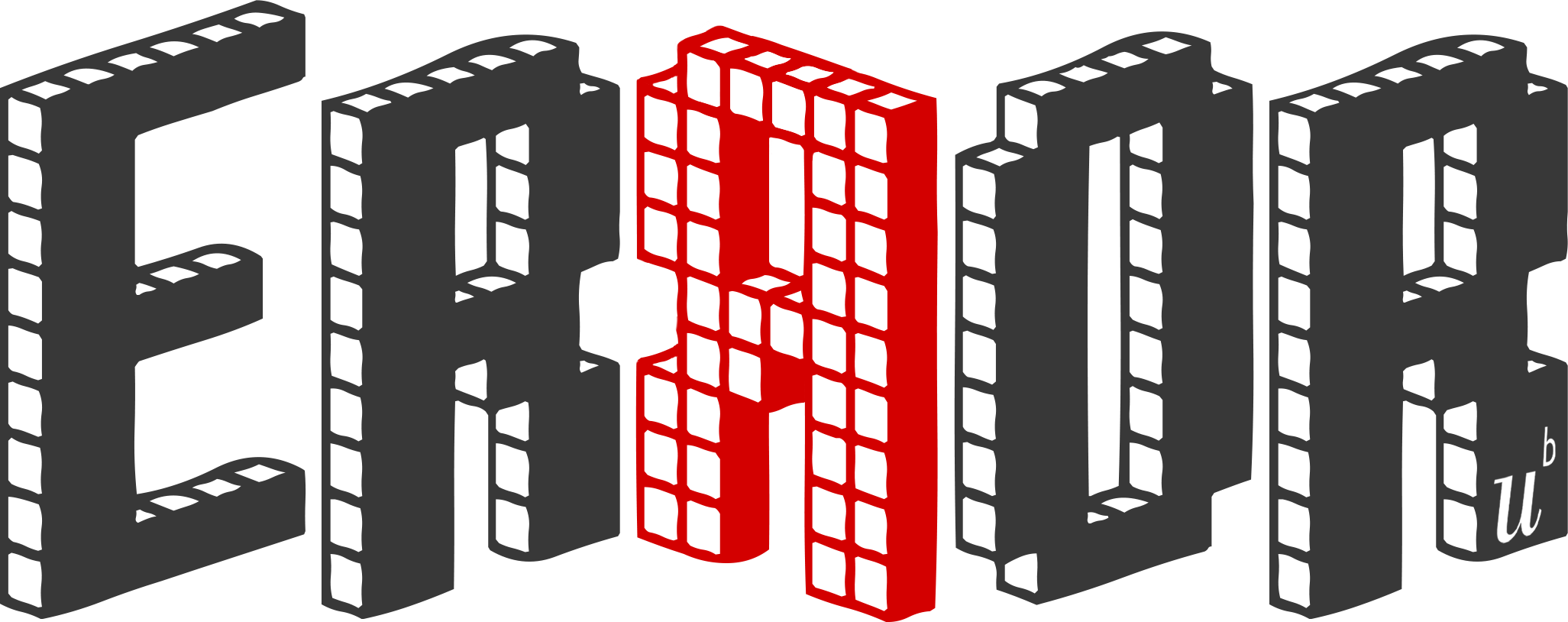FREQUENTLY ASKED QUESTIONS
For Authors
What benefits does having my article checked for errors have?
Articles are selected by ERROR based on their importance within their field, i.e., we seek to check particularly influential or well-cited articles within a given area. Having your article selected as a candidate for error checking is therefore a signal of its importance to the field. Agreeing to an error check, and therefore to the report being listed on the error.reviews website, represents an explicit public commitment to scientific rigour and a culture of error checking and error acceptance. In addition to this, you will be provided with a participation fee for your participation in the project. See the participation rewards section below.
What would be asked of me if I agreed to have my article checked for errors?
౿ Participation in the project is similar to any request from an independent party to verify the claims you make in one of your papers: you would share your data, code, and other materials with the recommender and the reviewer and answer any reasonable questions they have to aid them in checking your article for errors. Note that (a) the recommender is available to arbitrate what constitutes a reasonable request in relation to the expected time commitments for participation, and (b) that a decision of “indeterminable” can be returned (see How are errors quantified? in the general FAQ). You should cc the recommender on all correspondence you have with the reviewer that is relevant to this project.
౿ After the recommender receives and finalises the reviewer’s report, it will be provided to you and you will be invited to write an author’s response if you wish. This author’s reply must contain two distinct sections: “Responses to error checking” and “Responses to other critiques”. The recommender may require that material is moved from the “Responses to error checking” section to the “Responses to other critiques” section, or changed or removed based on relevance, validity, or appropriateness. The recommender’s final error assessment and recommendations will be based only on the “Error checking” section.
౿ When agreeing to participate in the project we ask that you commit to acting upon the recommender’s final recommendation(s).
What if errors are found in my work?
The presence of errors is not by itself fatal to an article’s scientific contribution, but it is important to acknowledge such errors and correct the scientific record. This project aims to help foster a culture of normalising error checking, and acceptance of the occurrence of errors, and error correction. If errors are found, appropriate recommendations will be made to the original authors. These recommendations follow the already established pathways for error correction in science (see section on “How are errors quantified?”).
Can I suggest an article for checking?
We hope to eventually roll out a system by which the community can suggest articles for error detection, e.g., on the basis that they are sufficiently important to a given field. For the moment, you can contact us if you’d like to suggest articles. We especially welcome and encourage self-nominations for the strong commitment to scientific rigour and scrutiny that this entails.
Can I suggest reviewers to examine my work? Can I ask that certain people do not act as reviewers?
Recognizing the specialised expertise required to evaluate scholarly work, you may suggest potential reviewers. These may be used at the recommender’s discretion but are not guaranteed to be contacted or involved in the review process. Similarly, you may raise concerns with the recommender about the suitability of (potential) reviewers, which will be reviewed to ensure a fair process. Either way, potential conflicts of interest should be flagged with the recommender.
What can I do if I do not want my paper to be checked for errors?
This project seeks to foster a collaborative process between recommenders, error checkers (reviewers), and authors. Authors of candidate articles will be contacted directly and asked if they wish for their paper to be reviewed. If you don’t wish your article to be checked for errors, simply let us know when we contact you and we will withdraw your article from consideration in this process.
A reviewer has reported that there are one or more errors in my work but I disagree. How can I defend my work?
Candidate errors must be verifiable by others, and reviewers must be able to substantiate their claims. Authors are then also given a right to reply to the reviewer’s report. Both the reviewer’s report and the author’s reply are taken into account by the recommender when making their summary report, its error decision, and any associated recommendation.
